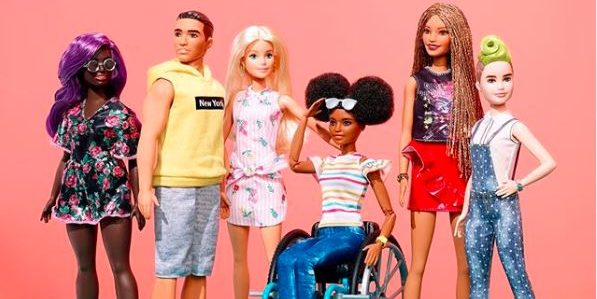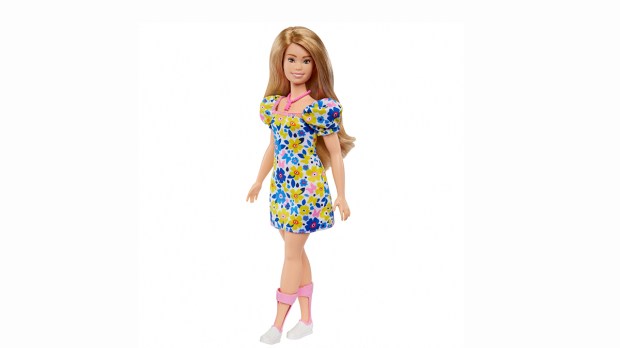Lenten Campaign 2025
This content is free of charge, as are all our articles.
Support us with a donation that is tax-deductible and enable us to continue to reach millions of readers.
As the father of 5 daughters, I think I could honestly say that I know Barbie intimately. She occupied a place of honor in our daughters’ bedrooms, our family room, kitchen, living room, basement – even bathrooms for years. She lived with us in perfect form and eventually in various states of dishevelment and undress until she finally lost her head – or leg, or arm – and was put to rest with honor and gratitude for the hours of enjoyment she, or I should say they because there were many, brought to our family home.
For just a few bucks, my wife could obtain a plastic babysitter that would occupy our girls for hours on end. The only payment required at pick up was the picking up. At the end of each day our floors were literally littered from corner to corner with blouses and skirts, dresses – even ones that had been hand tailored by our eldest – swimsuits, hair ribbons, and more. I think we still have at least one bin in our attic holding precious memories of these days, now over 20 years later.
In our girls’ day, Barbie was the image of an idealized beauty that fit the standard of the day. But as Socrates is quoted to have said, “Beauty is a short-lived tyranny.” The beauty of that day has become much more diverse, and the newest iteration of our girls’ favorite doll has the same characteristics of their brother, Thomas; the newest Barbie has the features of a girl with Down syndrome!
All I can say is, bravo to Mattel for showing the world that our acceptance of what is beautiful can expand to include dolls that represent our culture in all its wonderous diversity. Mattel has moved beyond skin tones, hair color, and ethnicity to include the most visual and recognizable representation of neurodiversity, those living with an extra copy of the 21st chromosome, the disabling condition we call Down syndrome.
Of course, it wouldn’t be appropriate to be all applause without a small amount of admonition. As Mattel celebrates those living with Down syndrome with their newest product, we must acknowledge the impact of prenatal diagnosis and abortion. The population of those living with an extra 21st chromosome is about 30% fewer than it would be without this technology, and the societal push to eradicate Down syndrome from the culture. Mattel’s customer base is dwindling.
Somewhere close to 75% of babies that are prenatally diagnosed with Down syndrome are aborted. That is a tragedy. For those of us who have children with Down syndrome, it is inconceivable. It shouldn’t be hard to imagine how that knowledge impacts those beautiful individuals Mattel celebrates who are living with Down syndrome. And yes. They are aware.
There is a poignant story of a young patient of Jerome Lejeune, the French geneticist who discovered the cause of Down syndrome. The evening before he had an appointment with the noted geneticist, his parents were watching a debate on TV that Lejeune was involved in about the abortion of babies with Down syndrome. The next day when he went to his appointment and saw Dr Lejeune, he ran into his arms crying and pleading with him to save them. He had heard the night before that there were those who were trying to kill babies like him.

So, Bravo to Mattel for pushing the boundaries. It is a wonderful thing for young girls living with Down syndrome to have a doll that looks like them. With this new Barbie Doll, Mattel has also drawn attention to individuals living with disabilities and signaled that they are valued members of our communities.
Now, let’s get rid of the contradiction between this action of Mattel’s and the eugenic quest that promoting prenatal diagnosis and abortion represents. It’s not healthy for a society to live with this sort of cognitive dissonance, and it’s deadly for babies in the womb who have been discovered to have a genetic anomaly.
Let’s stop treating disability as something to be avoided, even to the point of death, and build on this statement by Mattel by celebrating the beautiful diversity that individuals with Down syndrome and other disabilities bring to us.
Mark Bradford is the Venerable Jérôme Lejeune Fellow at the Word On Fire Institute.




